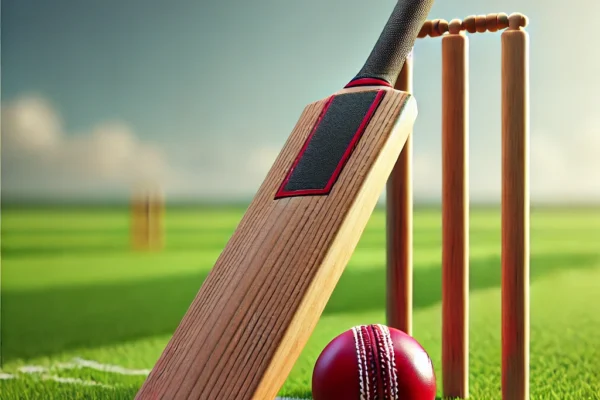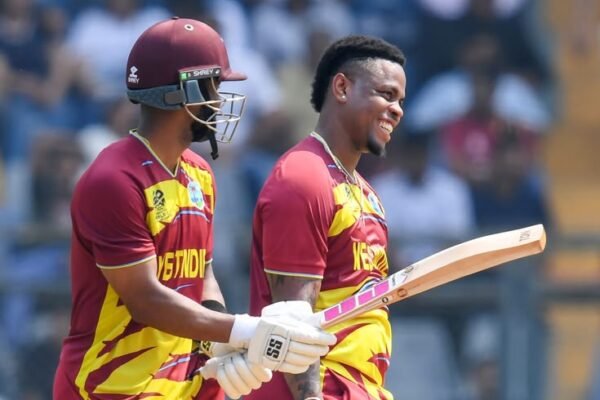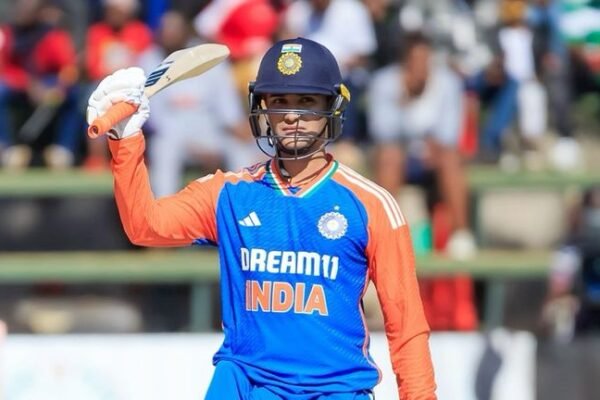
New Zealand Crush South Africa, Reach T20 World Cup Final
New Zealand delivered a commanding performance against South Africa in the semifinal of the ICC…

New Zealand delivered a commanding performance against South Africa in the semifinal of the ICC Men’s T20 World Cup, securing a nine-wicket victory and a place in the tournament final. The team controlled every phase of the match, from disciplined bowling to explosive batting. Fans witnessed one of the most complete performances of the tournament…

FC Barcelona produced an electrifying performance against Atlético Madrid in the Copa del Rey clash, yet the night ended with heartbreak. Barcelona defeated Atlético Madrid 3–0 in the second leg, but the aggregate score still pushed Atlético into the next round. Barcelona entered the match with enormous pressure. The team needed a commanding victory after…

Cricket fans across the globe now turn their full attention to the knockout stage of the ICC Men’s T20 World Cup. The semifinal lineup delivers everything supporters crave: fierce rivalries, contrasting styles, and captains who thrive under pressure. India will lock horns with England in a blockbuster contest, while South Africa take on New Zealand…

Elite chess once again captured global attention at the Prague International Chess Festival, where top grandmasters tested preparation, nerve, and stamina. Among the most anticipated clashes stood the face-off between Nodirbek Abdusattorov and D Gukesh. Both young stars carry enormous expectations, and both continue to shape the future of modern chess. Their encounter in Prague…

South Africa national cricket team sent a powerful message in the Super 8 stage of the ICC Men’s T20 World Cup 2026 with a commanding nine-wicket victory over the West Indies cricket team. The Proteas combined disciplined bowling with aggressive batting and sealed the chase with authority, underlining their title ambitions. From the first over,…

Fans around the globe woke early on Sunday morning, February 22, as the United States and Canada squared off in the 2026 Milan-Cortina Winter Olympics men’s ice hockey gold medal game. The contest delivered a pulse-racing finish, a storied rivalry renewed, a golden moment frozen in time — and television numbers that stunned audiences everywhere….

The West Indies lit up the T20 World Cup 2026 with a breathtaking display of power, intent, and fearless cricket. In a high-stakes Super 8 clash against Zimbabwe, the Caribbean side piled up the second-highest team total in T20 World Cup history and crushed their opponents by 107 runs. The performance sent a powerful message…

FC Barcelona treated their fans to a thrilling afternoon at Spotify Camp Nou, powering past Levante 3–0 and reclaiming the top spot in La Liga on Sunday, February 22, 2026. This commanding victory not only delivered crucial points but also injected renewed confidence into a squad that stumbled in recent weeks. Barcelona surged ahead in…

Cricket rarely offers mercy. It tests temperament before talent, patience before power. And right now, the spotlight burns brightest on Abhishek Sharma. India entered the ICC Men’s T20 World Cup 2026 with massive expectations. The team carried depth, balance, and firepower. At the top of the order, fans expected fireworks from the explosive left-hander who…

A ruthless display from Pathum Nissanka pushed Australia to the edge of elimination and injected fresh belief into the Sri Lanka national cricket team during a high-stakes clash at the ICC Men’s T20 World Cup 2026. Sri Lanka dominated every phase of the contest and handed the Australia national cricket team a crushing defeat that…